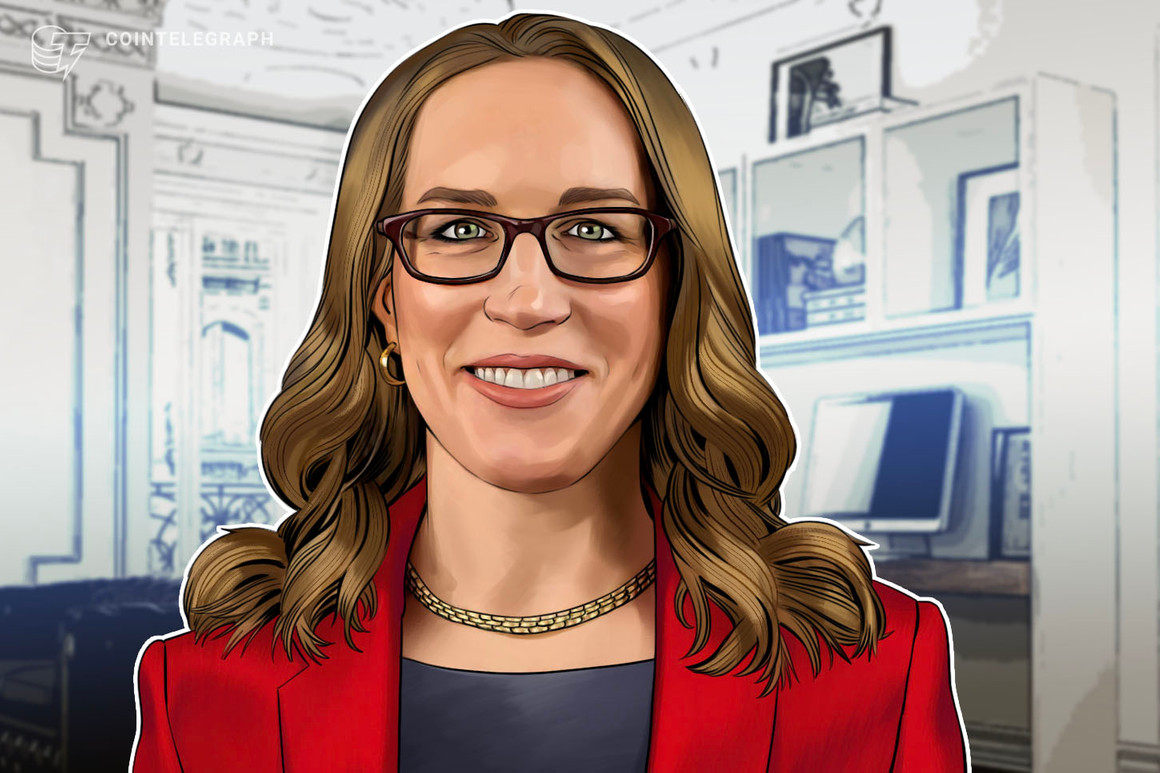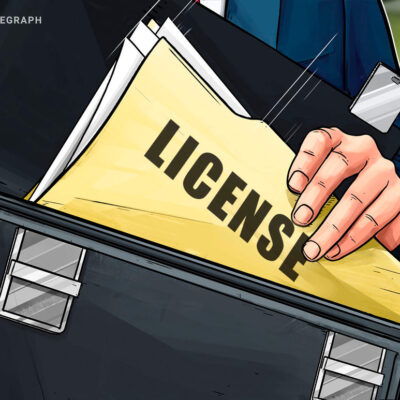Hester Peirce of the United States Securities and Exchange Commission has once again urged regulators to take a step back from attempting to overregulate the crypto space.
Speaking to Financial Times, Peirce, affectionately dubbed “Crypto Mom†due to her positive stance on cryptocurrencies, argued against the need for strict regulatory policies.
According to Peirce, regulators by nature often have a knee-jerk reaction to emerging market spaces often at the expense of innovation.
The SEC commissioner warned that pursuing stricter regulatory policies eliminates the ability of market participants to carry out peer-to-peer transactions. Rather than emphasizing government regulations, Peirce advocated for industry-led regulatory activities.
Indeed, the commissioner is a longstanding supporter of crypto self-regulation. Back in March 2019, Peirce made the case for crypto self-regulatory organizations in a debate with the current SEC chairman Gary Gensler.
Peirce is not the only U.S. regulator to advocate for crypto self-regulation. As previously reported by Cointelegraph, Commodity and Futures Trading Commission Commissioner Brian Quintenz called for industry stakeholders to create a self-regulatory framework back in February 2019.
Japan remains an example of somewhat effective crypto self-regulation with the country’s cryptocurrency SRO liaising with government regulators on important legal and policy matters.
Peirce’s latest call for nuanced crypto policies comes amid indications of a significant push for stricter cryptocurrency regulations in the United States. Treasury Secretary Janet Yellen and SEC chairman Gary Gensler have both stated their intention to closely monitor the market.
On Tuesday, the Internal Revenue Service called for congressional authority to regulate cryptocurrencies. Back in May, the Treasury Department announced a new plan to ensure crypto service providers report transactions exceeding $10,000 in value.
Meanwhile, the Senate banking committee will hold a session on Wednesday to discuss issues concerning a possible Federal Reserve-issued digital currency. Reports indicate that the discussion could also extend towards the broader crypto market.






